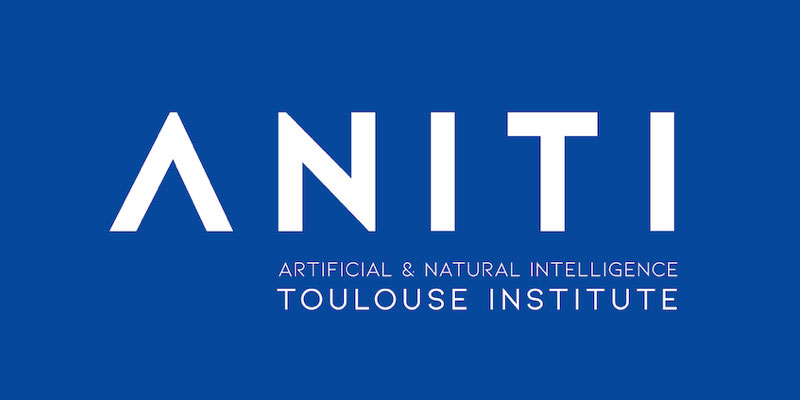Latent space data assimilation by using deep learning
Résumé
Performing data assimilation (DA) at low cost is of prime concern in Earth system modeling, particularly in the era of Big Data, where huge quantities of observations are available. Capitalizing on the ability of neural network techniques to approximate the solution of partial differential equations (PDEs), we incorporate deep learning (DL) methods into a DA framework. More precisely, we exploit the latent structure provided by autoencoders (AEs) to design an ensemble transform Kalman filter with model error (ETKF-Q) in the latent space. Model dynamics are also propagated within the latent space via a surrogate neural network. This novel ETKF-Q-Latent (ETKF-Q-L) algorithm is tested on a tailored instructional version of Lorenz 96 equations, named the augmented Lorenz 96 system, which possesses a latent structure that accurately represents the observed dynamics. Numerical experiments based on this particular system evidence that the ETKF-Q-L approach both reduces the computational cost and provides better accuracy than state-of-the-art algorithms such as the ETKF-Q.
Domaines
Mathématiques [math]| Origine | Fichiers produits par l'(les) auteur(s) |
|---|
